In the context of a turbulent world with new trends, Vietnam is facing a historic and breakthrough choice that will determine the future of the nation. That is to form a new vision with breakthrough spearheads, building a strong and prosperous Vietnam "on par with the world powers" or "be satisfied" with the results achieved to fall behind and fall into the middle-income trap. The Party's wisdom and mettle are demonstrated through the era-changing decisions that create new breakthroughs to bring the country into the era of rising up.
Hanoi Moi Newspaper introduces to readers a series of articles surrounding this issue.
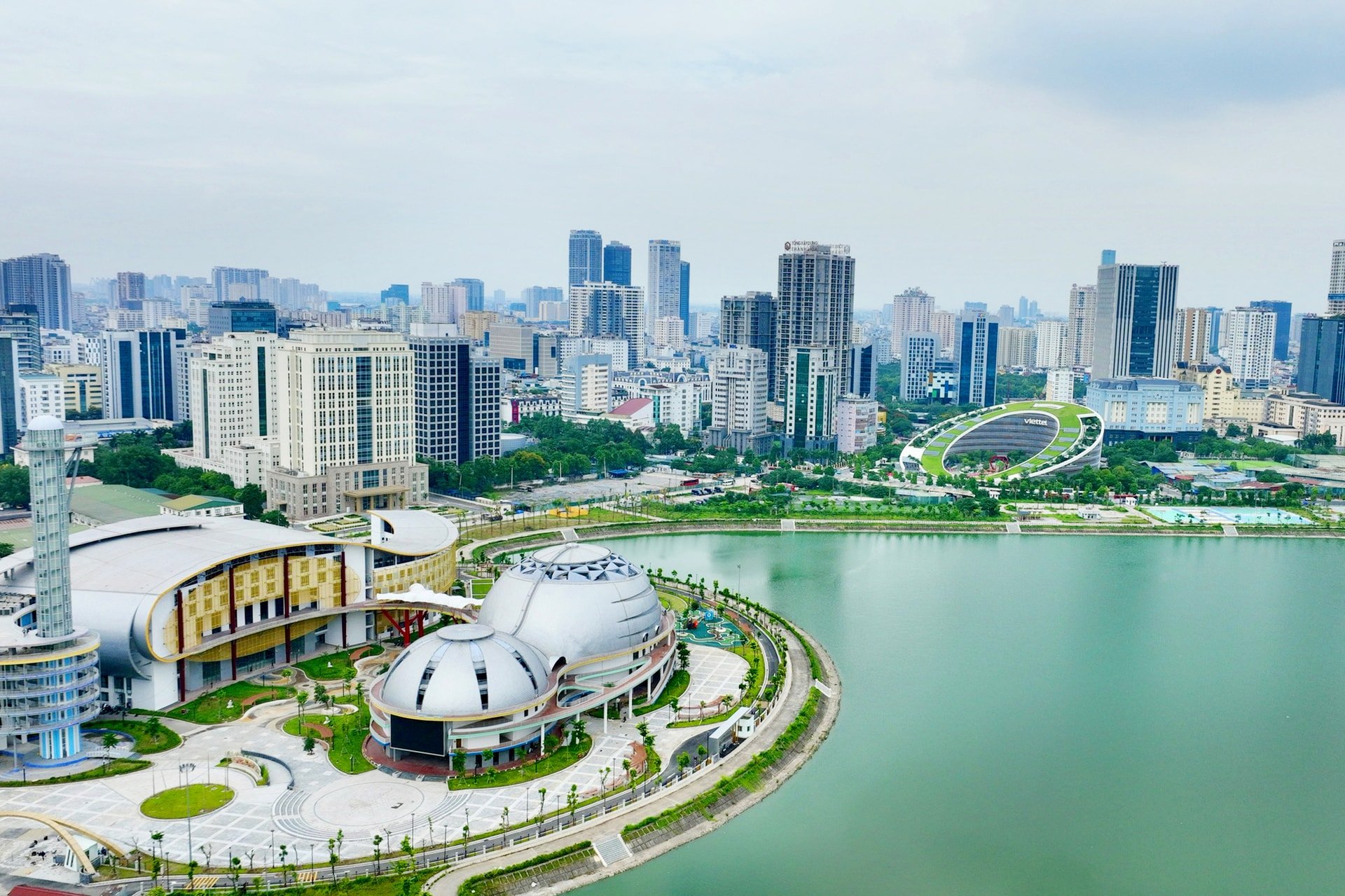
Lesson 1: Turning Points That Changed the Times
Responsibility for the times and the spirit of creativity will create breakthrough thinking. Throughout history, since "our people have the Party", there have been many times when facing the challenge of national survival, with courage and intelligence, our Party has created breakthroughs, changed the times, and led the country forward. And in the context of the "tremors" of the world, Vietnam has transformed challenges into opportunities, creating new development spaces for the nation.
Turn the tide, build a career
Revolution is creativity and innovation. In the strong flow of the struggle for national independence and unification, at critical moments that determined survival, our Party made decisions to change the situation, demonstrating courage, intelligence and timeless vision.
In 1945, in the context of the Japanese army's consecutive defeats on battlefields in Southeast Asia and the Asia-Pacific region, World War II came to an end with the Soviet Red Army entering Manchuria (China), the US dropping atomic bombs on Hiroshima and Nagasaki, and Japan surrendering to the Allies. In Vietnam, 100,000 elite Japanese soldiers were exhausted and laid down their weapons, and pro-Japanese political factions were extremely confused. With a thorough assessment of the situation, at a turning point in history, our Party and President Ho Chi Minh, with the spirit of "even if we have to burn the entire Truong Son mountain range, we must gain independence and freedom", decided to carry out a general uprising. In less than a week, throughout the S-shaped strip of land on the East Sea coast, the government was in the hands of the people.
If the uprising had taken place before this time, the Vietnamese would have had to face hundreds of thousands of fully armed Japanese soldiers. If they waited any longer, the Allies would have entered Hanoi, Saigon, etc., and it would have been difficult to talk about success. Therefore, it is entirely possible to affirm that the decision to carry out the August 1945 General Uprising to seize power had the power to change the course of events. This was a decision of historical significance. The August 1945 Revolution was a “heaven-shaking, earth-shattering” event, a nation “rose from the mud” and broke the chains of slavery, won national independence, and brought the country into a new era.
In the nation’s long-term resistance war, history also recorded turning-point decisions. After the Korean War with the Armistice Agreement (July 1953), the French colonialists expanded their war of aggression in Indochina, creating a new situation. Our Party and President Ho Chi Minh chose Dien Bien Phu as the strategic decisive battle point, destroying the most elite force in the strongest group of French colonialists on the battlefield. After 56 days and nights of “unflinching courage and unwavering will”, we achieved a victory that “resounded throughout the five continents and shook the world”, creating a fundamental and decisive foundation, ending the period of French colonial rule in Vietnam in particular and Indochina in general.
In the resistance war against American imperialism, breakthrough decisions demonstrating the Party's intelligence and mettle created a new position and force to "defeat the Americans and overthrow the puppets" and reunite the country.
In the context of many changes in the international situation, the US government was in turmoil and turmoil, while international public opinion, especially the anti-war movement within the US, rose higher than ever, making the land of the Flag even more chaotic. On the other hand, the historic 12-day and night confrontation in the winter of 1972, likened to "Dien Bien Phu in the air", shook the Pentagon with 38 B52 "flying fortresses" and 42 "thunder gods", "ghosts" of the US shot down in the sky of the North, along with the failures on the southern battlefield that made the US army unable to persevere. We forced the US to return to the Paris negotiating table. The agreement on ending the war and restoring peace in Vietnam was signed, in 1973, the US army "folded the flag", the Saigon puppet regime lost its military support, sank deeper into crisis, creating a turning point, opening up the opportunity to liberate the South.
With the new position and strength, the Politburo and Central Military Commission Conference (from September 30 to October 8, 1974) "made a historic determination to complete the liberation of the South within two years 1975-1976". After the breakthrough decision, we launched the Central Highlands Campaign with a fatal "pressure point" blow in Buon Ma Thuot on March 10, 1975. The Saigon puppet government lost its strategic position, passively responded on the battlefields, creating a breakthrough in the war situation. The strategic opportunity appeared, on March 18, 1975, the Politburo met with a turning point decision: "Urgently switch to the opportunistic plan, turn the strategic offensive into a strategic general offensive, complete the two-year plan (1975-1976) in 1975". With the spirit of “Fast, faster, bolder, bolder, seizing every minute, every hour, rushing to the South. Determined to fight and win completely”, the General Offensive and Uprising, culminating in the historic Ho Chi Minh campaign, completely liberated the South and reunified the country.
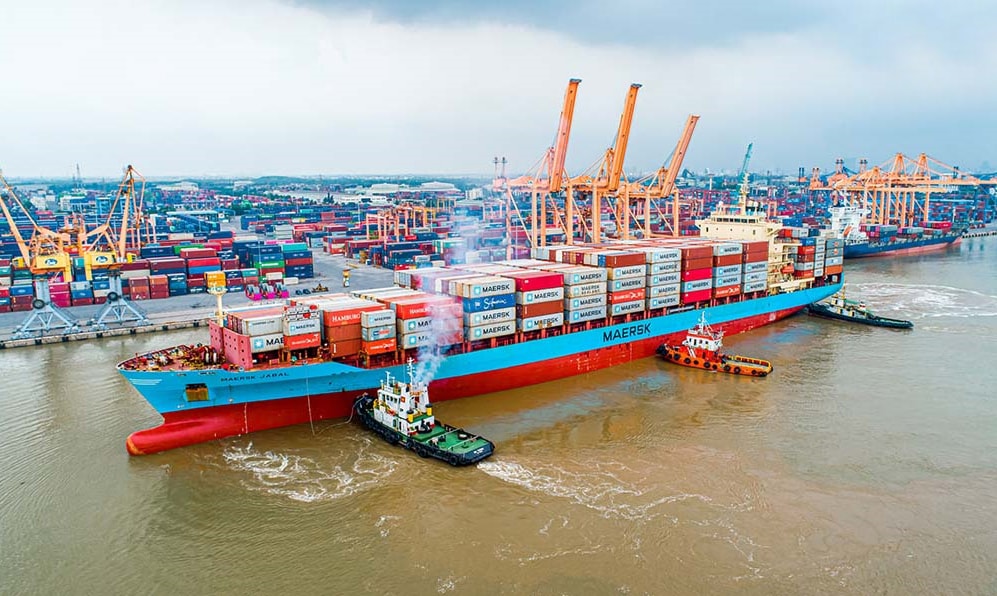
Innovation in thinking and integration with the times
In the process of nation building and international integration, history also records breakthrough decisions, transforming challenges into opportunities, creating development space, and bringing the country out to the ocean.
The country was unified but could not be at peace, blood was still shed at both ends of the border, international blockade, embargo and political events in the Soviet Union and socialist countries in Eastern Europe pushed Vietnam into an extremely difficult situation. Breaking the isolation, normalizing relations with neighboring countries and major powers, creating a peaceful and stable environment for socio-economic development became urgent and strategic issues.
After the tense Cold War period, in 1985 the Soviet Union began to carry out the process of “reform” and “cooling down” relations with the United States and Western European countries. With strategic calculations, the two sides reached many cooperation agreements, including the Intermediate-Range Nuclear Forces Treaty (INF). From another perspective, China, during the period of promoting reform and opening up, also sought cooperation with the Soviet Union and negotiations on the border issue between the two countries made positive progress. The world entered a period of peace and dialogue instead of confrontation.
“Selling distant brothers, buying close neighbors”, in the development trend of the times, with the spirit of “turning confrontation into dialogue”, Vietnam has created a new turning point in its relations with China. After the visit of high-ranking Vietnamese leaders to China (from November 5 to 10, 1991), the two countries issued a joint statement stating that Vietnam and China had officially normalized relations according to five principles: Respect for each other’s sovereignty and territorial integrity; non-aggression; non-interference in each other’s internal affairs; equality, mutual benefit and peaceful coexistence. This event opened a new phase in Vietnam-China relations. With the motto of “friendly neighbors, comprehensive cooperation, long-term stability, looking towards the future” and the spirit of “good neighbors, good friends, good comrades, good partners”, the two countries have now elevated their comprehensive strategic cooperative partnership to a new level, building the Vietnam-China Community of Shared Future, bringing new opportunities, in-depth and substantive cooperation, in line with the development trend of the times.
After withdrawing its troops from Vietnam, the "superpower" used many policies to encircle, embargo and isolate Vietnam in the international arena. With the motto of "turning enemies into friends", we gradually removed the "stumbling block" on the path to the world. From diplomatic efforts, on February 3, 1994, the US Government lifted the trade embargo and by July 1995, the world's number one "superpower" announced the normalization of relations with Vietnam. This breakthrough event created opportunities for Vietnam to reach out to many countries and major economies in the world. "Putting aside the past, overcoming differences" for the benefit of the two countries and two peoples, after the Vietnam - US Trade Agreement (October 2021), the two countries have elevated their relationship to a Comprehensive Strategic Partnership for peace, cooperation and sustainable development. The United States supports Vietnam to be "strong, independent, self-reliant and prosperous".
Normalizing and expanding relations with the big neighbor China and the "superpower" the United States has opened up a situation of development cooperation to promote the country's innovation. Especially with the philosophy of "bamboo diplomacy", not "stuck" in conflicts of interest between countries, Vietnam maintains close and loyal relations with traditional friends, while expanding cooperation with countries in the region and the world with the motto "Vietnam is ready to be a friend, a reliable and responsible partner of the international community". Currently, we have diplomatic relations with 193 countries and China, the Russian Federation, India, South Korea, the United States, Japan, Australia, and France are Comprehensive Strategic Partners. With flexible and agile "bamboo diplomacy" and the policy of "four no's" (no participation in military alliances, no association with one country to sabotage another, no allowing foreign countries to set up military bases or use territory to oppose other countries, no use of force or threat of force in international relations), Vietnam has maintained a peaceful and stable environment as a fulcrum for the country's construction and development.
hanoimoi.vn
Source: https://hanoimoi.vn/tao-dot-pha-moi-dua-dat-nuoc-vao-ky-nguyen-vuon-minh-682608.html


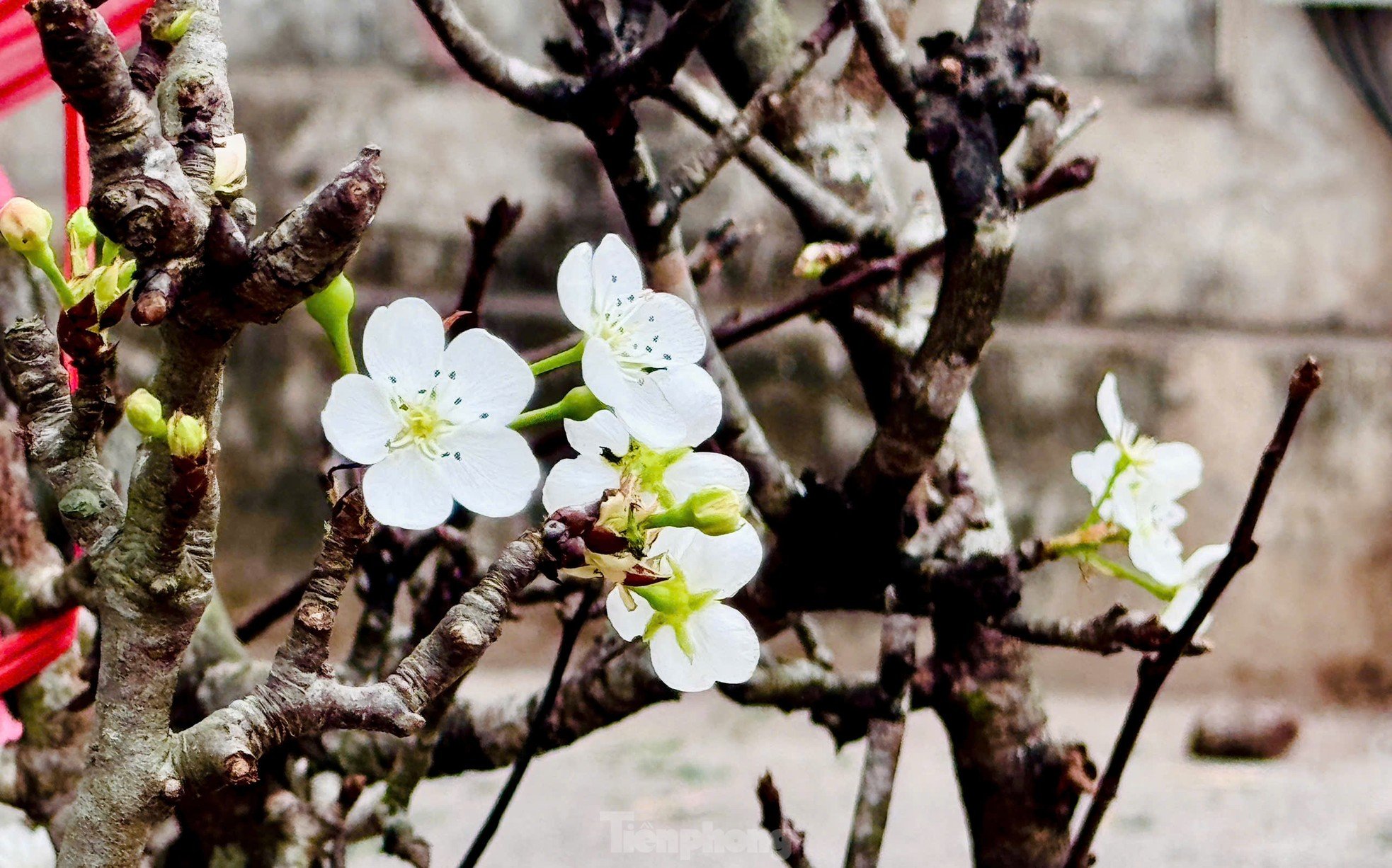


























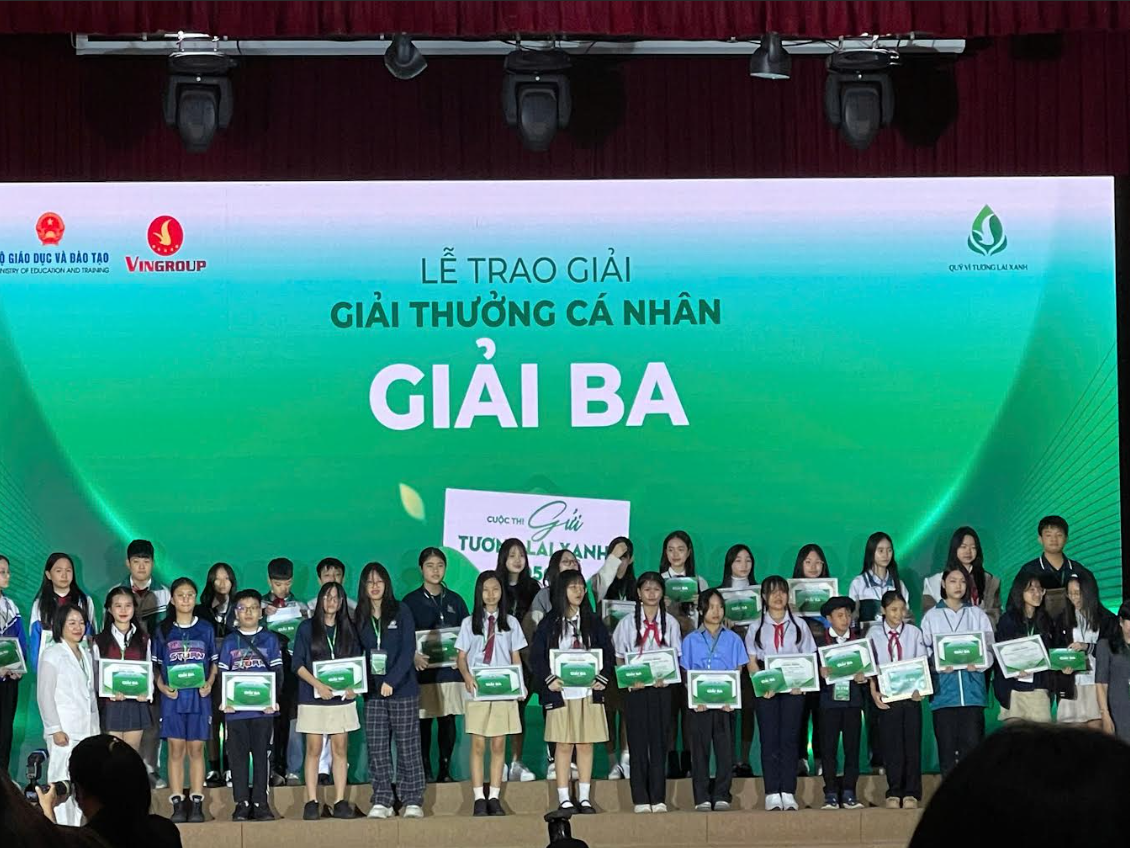
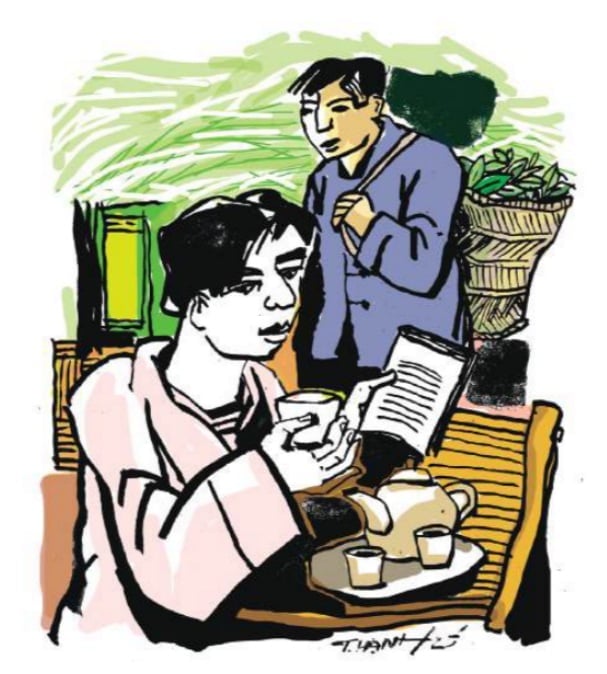
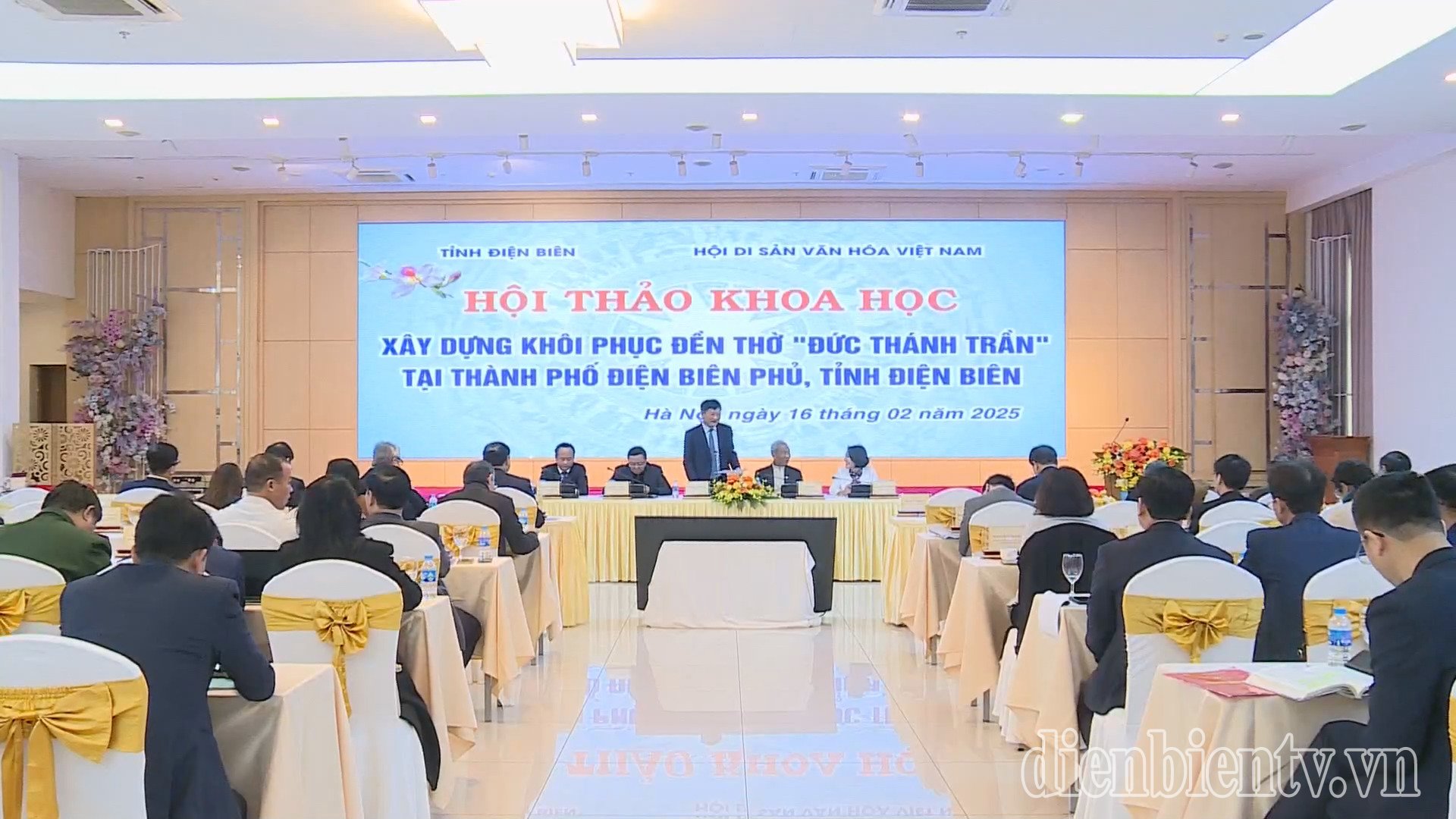


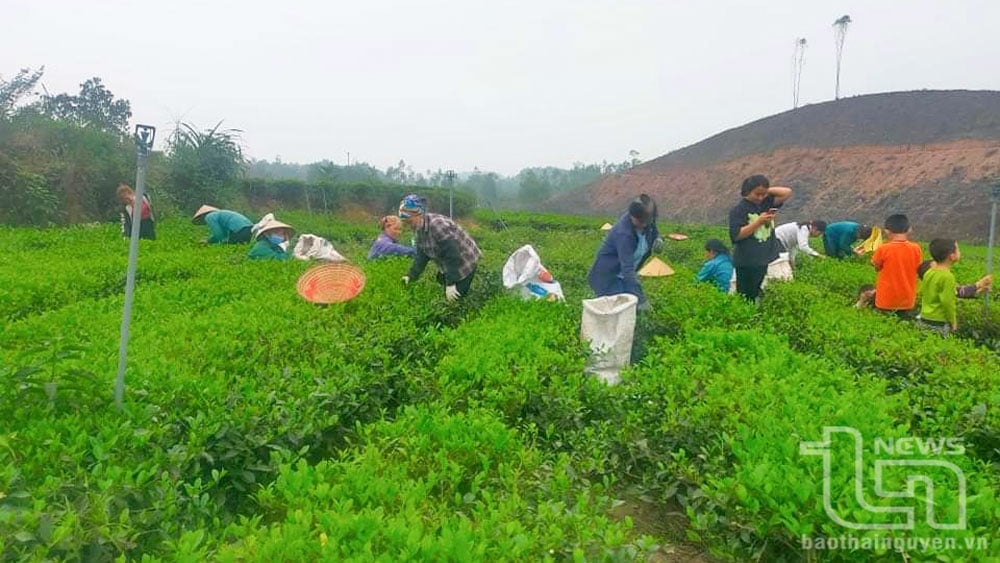
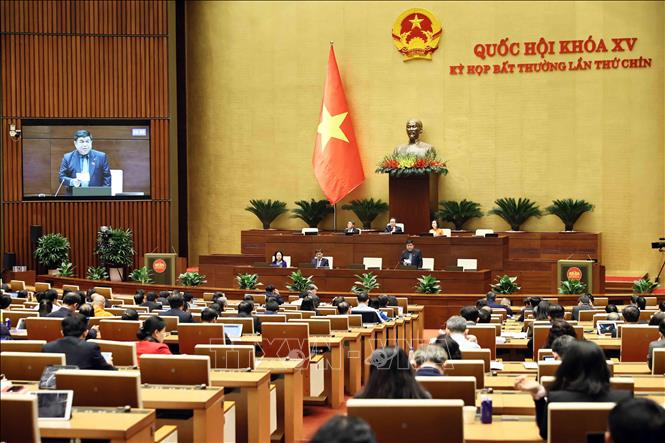

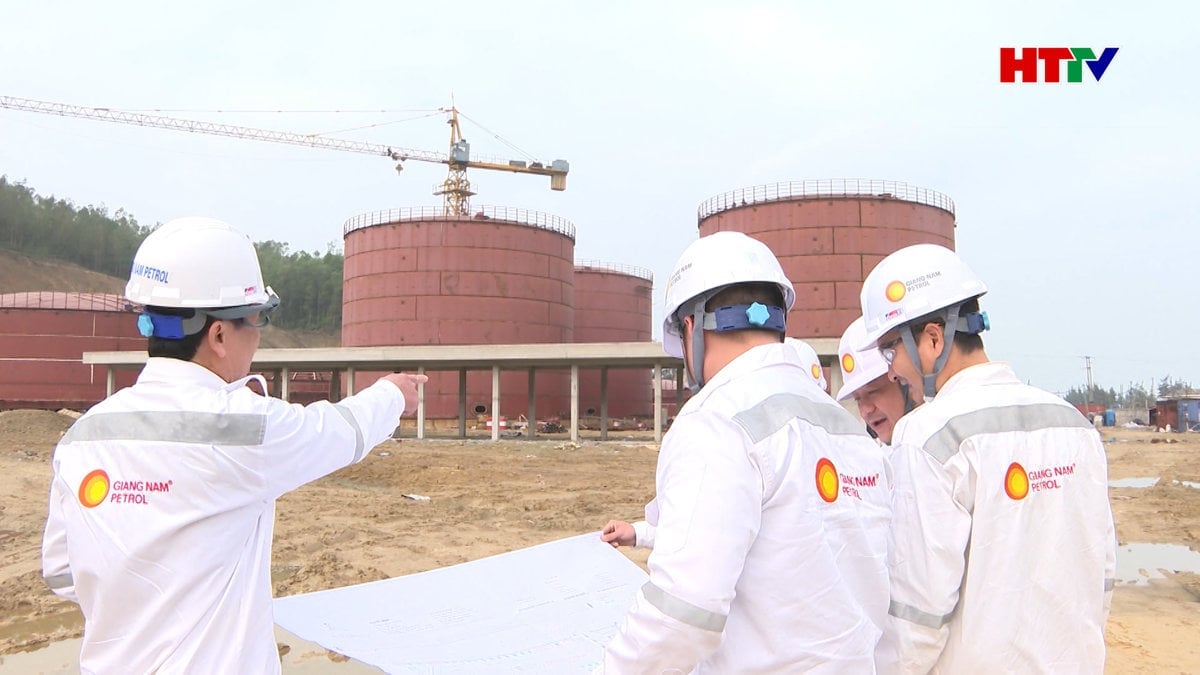
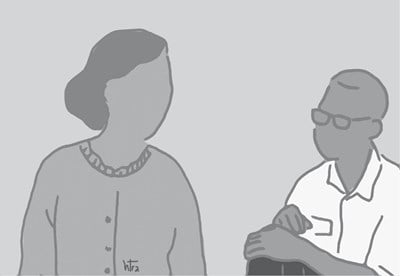
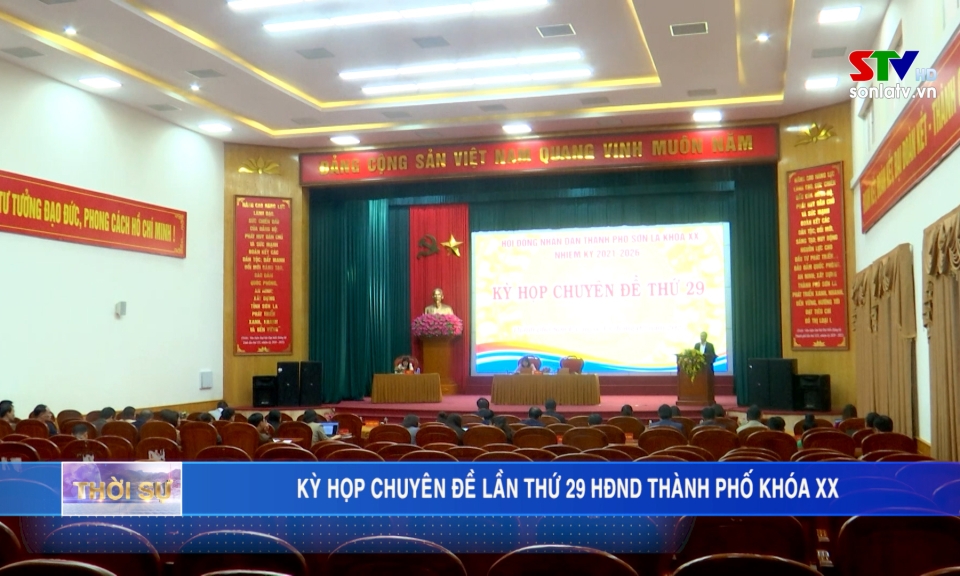
![Charming Vietnam [ Cat Tien National Park ]](https://vstatic.vietnam.vn/vietnam/resource/IMAGE/2025/2/12/c05c34322e4f4cac874e7f971dfaddca)
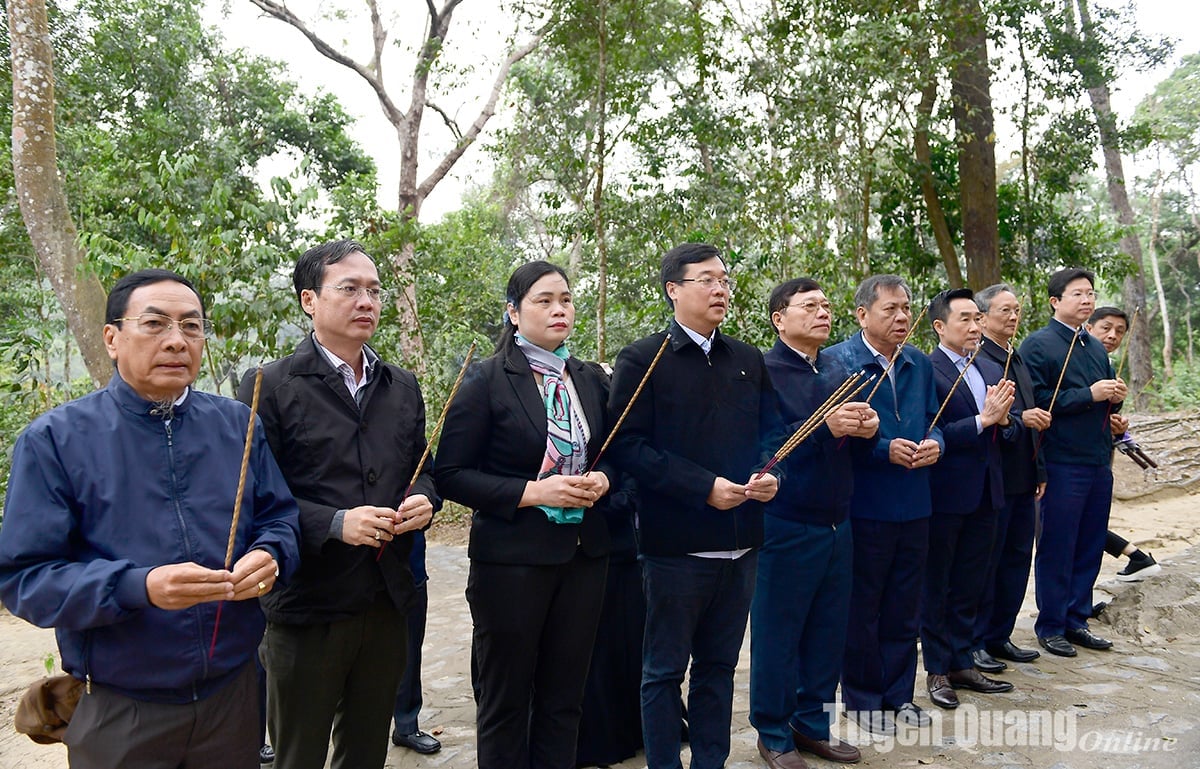
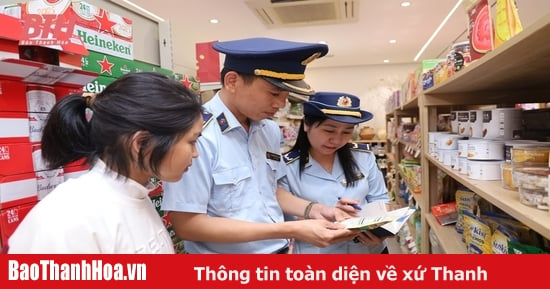
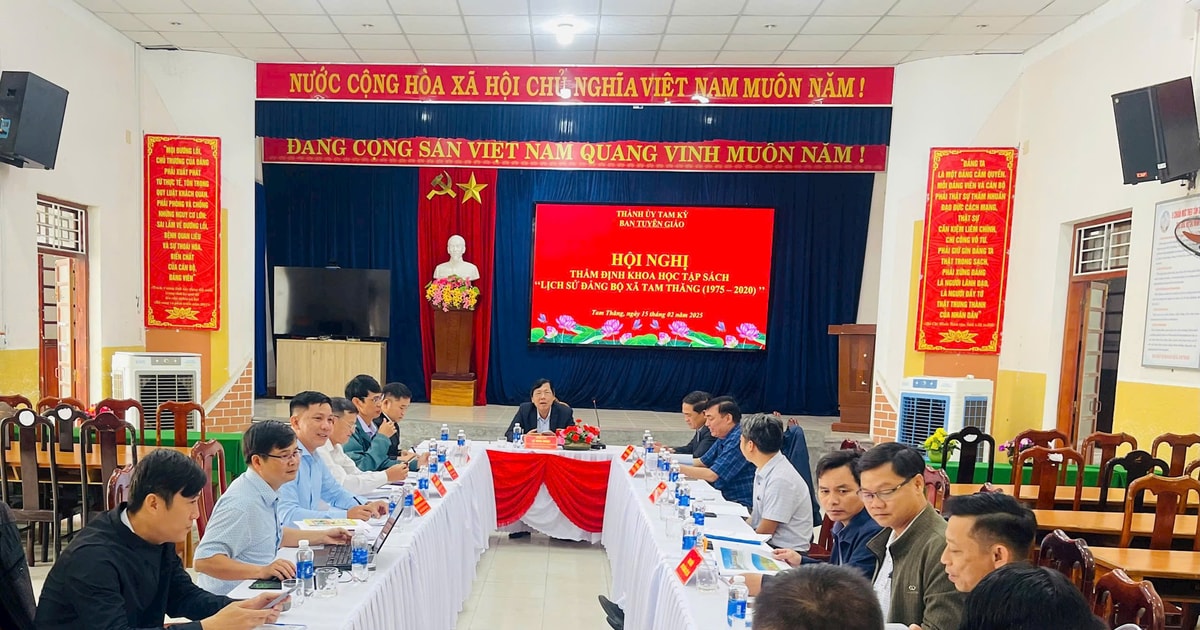
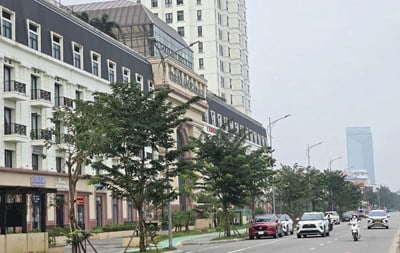













Comment (0)